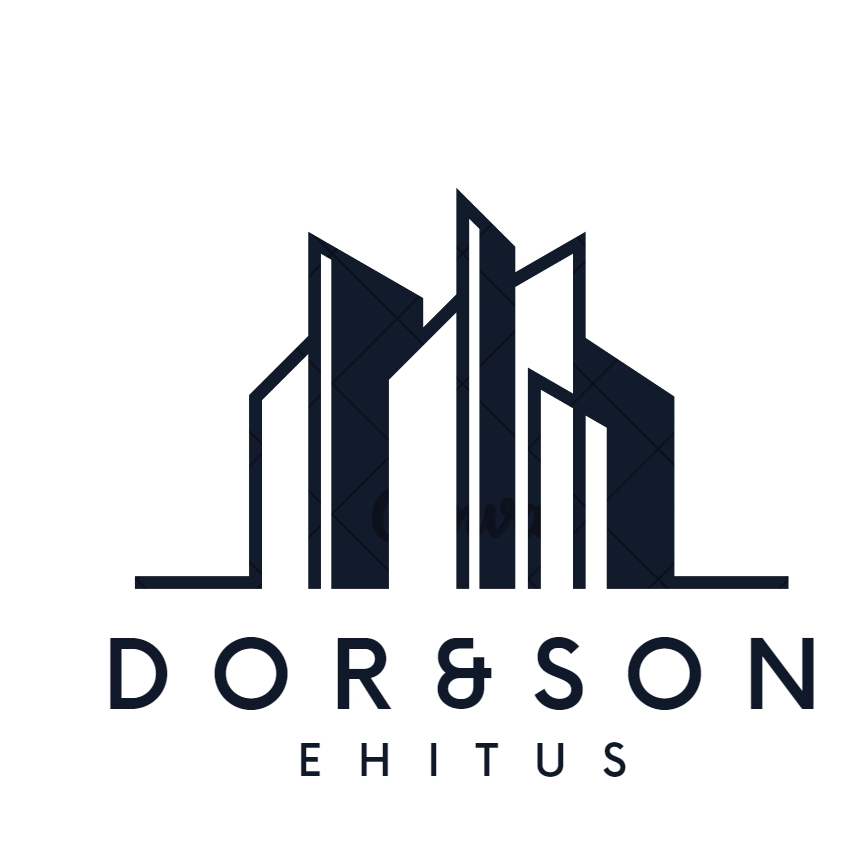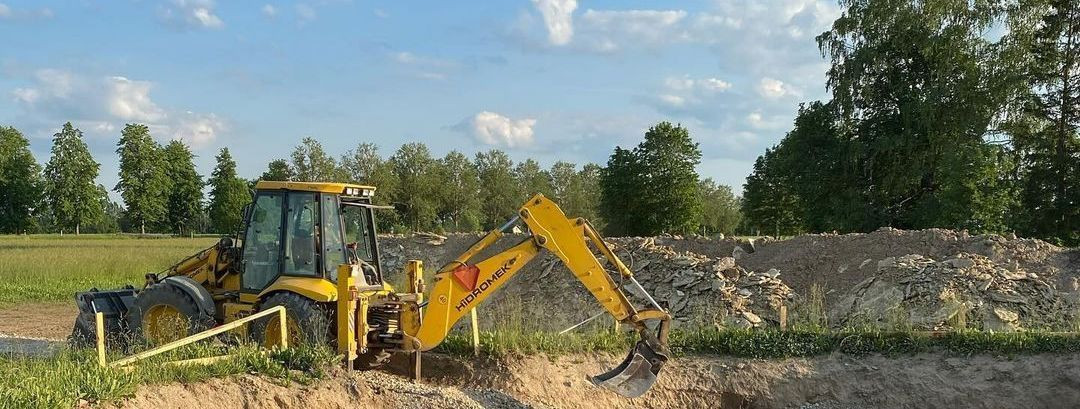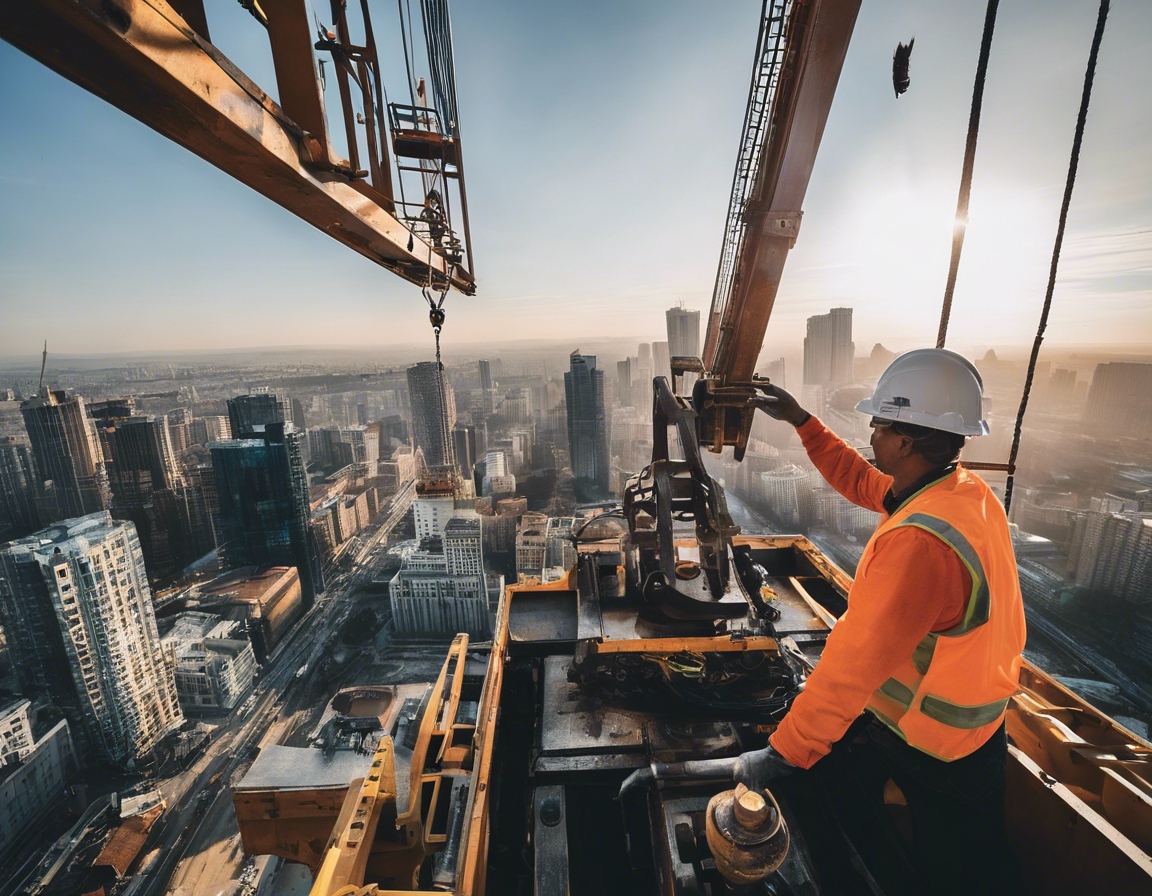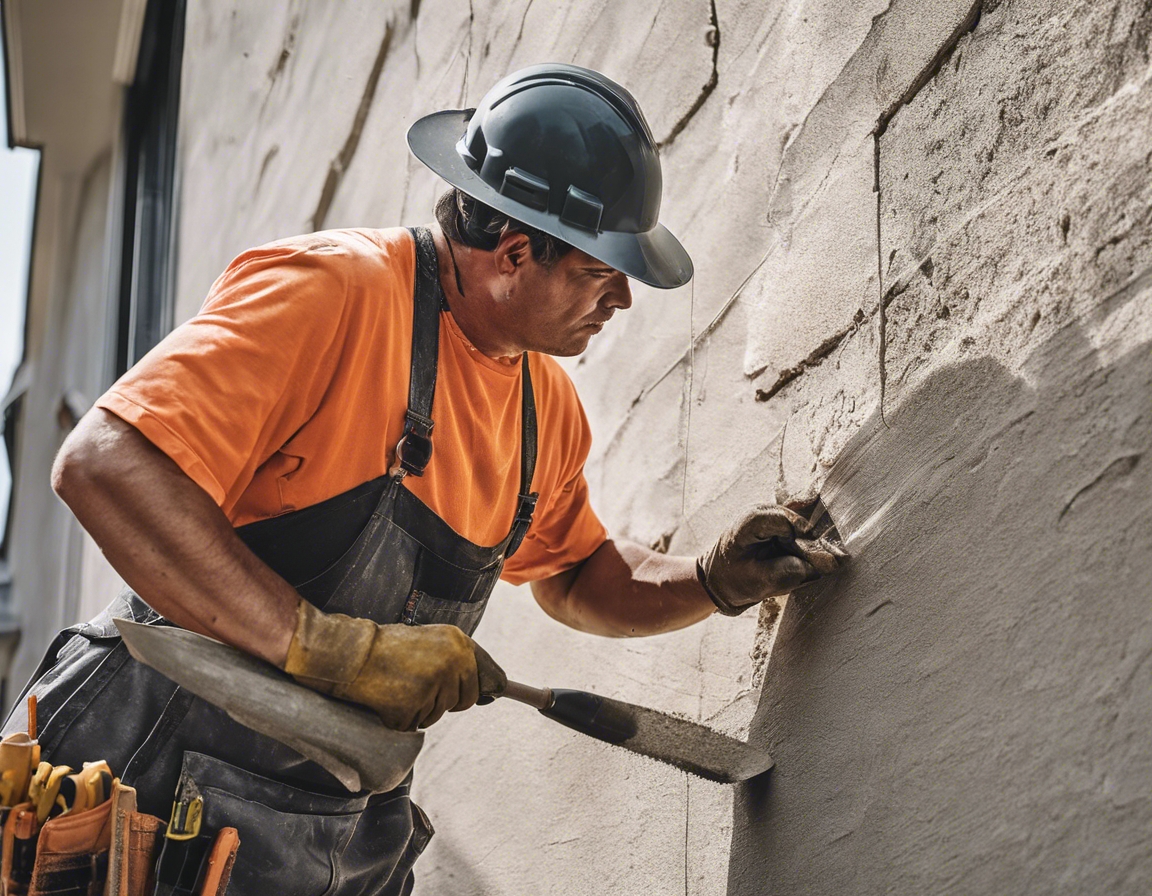5 trends shaping the future of construction
The construction industry is on the brink of a new era, with innovative trends poised to revolutionize how we build. As a leading construction company, DOR&SON EHITUS OÜ is at the forefront of adopting these trends to deliver superior quality and sustainable projects. In this post, we explore five key trends that are shaping the future of construction.
1. Sustainable and Green Building Practices
The push for sustainability is stronger than ever, with an emphasis on using renewable materials and improving energy efficiency. Construction projects are increasingly utilizing materials such as bamboo, recycled plastics, and reclaimed wood, while also incorporating energy-efficient designs that reduce the overall carbon footprint.
Adhering to green certifications and standards is becoming a benchmark in the industry. These certifications, like LEED and BREEAM, not only demonstrate a commitment to sustainability but also can lead to cost savings and increased property values.
2. Technological Advancements in Construction
Building Information Modeling (BIM) has transformed the planning and management of construction projects. BIM allows for more accurate planning, cost estimation, and risk management, enhancing collaboration among stakeholders.
The integration of automation and robotics in construction processes is improving efficiency and precision. From automated bricklaying to drones for site surveying, technology is reducing labor costs and construction times.
3. Modular and Prefabricated Construction
Modular and prefabricated construction methods are gaining popularity due to their ability to reduce waste, shorten construction timelines, and lower costs. These methods also allow for greater quality control as components are built in a controlled factory environment.
While modular construction presents many advantages, there are challenges such as transportation logistics and the need for precise planning. However, the opportunities for innovation and efficiency make this trend a game-changer for the industry.
4. Focus on Safety and Health
The industry is witnessing a surge in the use of advanced safety equipment. Wearables that monitor vitals and alert workers to potential hazards are becoming more common, as are exoskeletons that support workers' physical tasks.
Health monitoring technologies are being integrated into construction sites to ensure the well-being of workers. These technologies can track environmental conditions and provide real-time data to prevent accidents and health issues.
5. The Rise of Smart Cities and Infrastructure
Smart cities are becoming a reality with the integration of the Internet of Things (IoT) in construction. IoT devices enable the collection of data from buildings and infrastructure, leading to smarter management and maintenance.
Materials are getting smarter, with innovations like self-healing concrete that can repair its own cracks, reducing maintenance costs and extending the lifespan of structures. This is just one example of how smart materials are set to revolutionize the construction industry.






Comments (0)